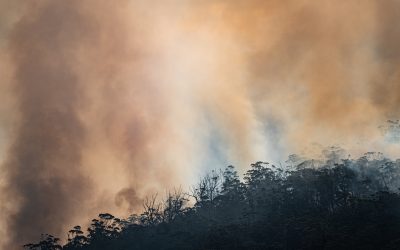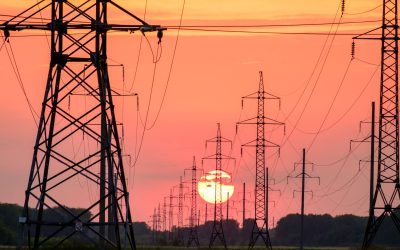In the Snowy Mountains fire safety regulations for both residential and commercial properties are governed by a mix of state-level legislation and local council requirements, with a specific focus on bushfire readiness due to the region’s susceptibility to bushfires. Here’s an overview of these regulations:
Residential Fire Safety Regulations
- Smoke Alarms: In line with NSW regulations, all residential buildings must have working smoke alarms installed on every level. This is crucial in bushfire-prone areas like the Snowy Mountains.
- Bushfire Attack Level (BAL): Homes in designated bushfire-prone areas must comply with BAL ratings, affecting building materials, design, and construction methods.
- Vegetation Management: Clearing vegetation around homes to create a defensible space is often required. This helps to slow down the spread of fires.
- Bushfire Survival Plan: The NSW Rural Fire Service (RFS) advises residents to have a Bushfire Survival Plan, which includes preparedness actions, knowing when to leave, and what to do if trapped.
- Building Standards: Compliance with the National Construction Code (NCC) and Australian Standards for fire safety, particularly in new constructions and renovations.
Commercial Fire Safety Regulations
- Fire Safety Statements and Audits: Businesses in the Snowy Mountains are required to submit annual fire safety statements and undergo regular fire safety audits.
- Fire Protection Systems: Commercial properties must have adequate fire protection systems, like sprinkler systems, fire extinguishers, and fire alarms. These systems need regular maintenance and inspection.
- Evacuation Plans: A clear and well-practised evacuation plan is mandatory for commercial buildings, including staff training in fire safety procedures.
- Special Provisions for High-Risk Areas: Additional regulations may apply for commercial properties in high-risk bushfire areas, such as extra fire safety measures and emergency response procedures.
General Regulations for Both Residential and Commercial Properties
- Local Council Requirements: The local council may have specific fire safety requirements or guidelines tailored to the unique needs of the Snowy Mountains region.
- Landscaping and External Structures: Regulations might include rules on landscaping to reduce fire risk and specifications for external structures like sheds and fences.
- Fire Bans and Restrictions: During high-risk periods, fire bans and restrictions are enforced, limiting certain activities that could ignite a bushfire.
Compliance and Enforcement
- Inspections: Regular inspections by fire safety officers or local councils ensure compliance with fire safety standards.
- Penalties: Non-compliance with fire safety regulations can result in fines, legal action, and in severe cases, closure of commercial premises.
Property owners in the Snowy Mountains should stay informed about these regulations through the NSW RFS, local council, and state government resources. Adhering to these regulations is not only a legal requirement but also a crucial step in safeguarding lives and properties against the threat of fires.
At Sea 2 Sky, we offer comprehensive fire protection services for residential, commercial and industrial properties. Give us a call on 02 6456 1006 or submit an enquiry to discuss how we can help you with planning, installation, testing and maintenance of your fire protection equipment and systems.



